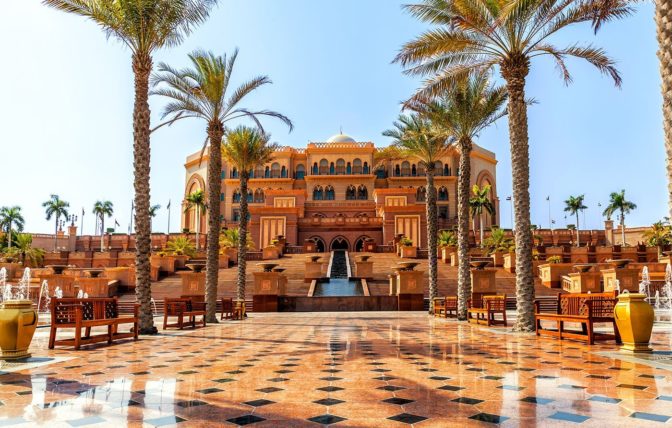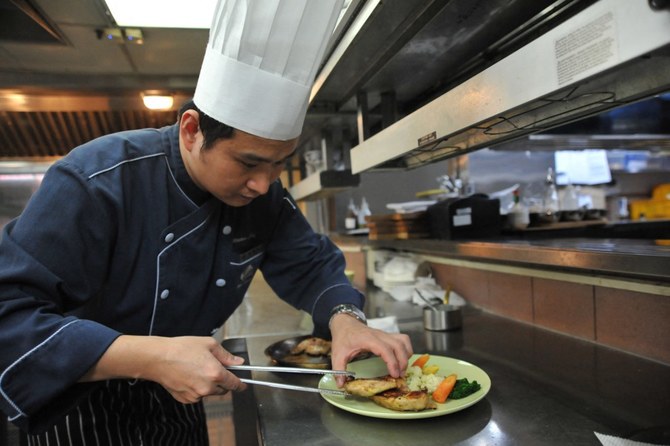
 "
"

 "
"

LONDON: Spite of the widespread disturbances to the tourism industry caused by the coronavirus pandemic, experts have predicted that the rapidly growing halal sector will have a banner year.
The global tourism industry was one of the hardest hits by the pandemic, with the UN estimating that it had lost $4 trillion in revenue over two years in November last year.
However, as borders reopen and vaccine rollouts begin, 2022 could be a watershed moment for the industry, especially for destinations catering to Muslim travelers.
After two years of pandemic-related travel restrictions, Ufuk Seçgin, chief marketing officer at HalalBooking, told Arab News that there is “pent up” demand for travel.
“Despite all of the turmoil,” Seçgin said, his company, which directs travelers to halal-friendly lodging, has been growing since April 2021.
“We saw an excellent recovery,” he added. “We don’t have any reason to believe that this trend won’t continue.”
Customers and providers, such as airlines and hotels, have both adapted their travel arrangements, he said, which is sparking this growth.

“Customers are now getting more used to the environment. We have to live with the virus. Yes there will be some travel restrictions and some uncertainty — things can change, as we’ve seen now with omicron,” Seçgin added.
However, because of the constant threat of disruption, providers are now willing to offer flexible refunds or itinerary changes if necessary.
Because of this, “people have got confidence, they’ve got understanding that even if a trip is canceled they’ll be able to access full refunds,” said Seçgin.
“A lot of people still haven’t traveled for the last two years so they’re like, ‘OK, 2022 has to be the year’.”
Saudi Arabia, which has been heavily investing in its own tourism industry in recent years, is one of the recipients of this travel boom, according to Seçgin.
He went on to say that during a recent visit to the Kingdom, he saw the prospects in the tourism industry after completing Umrah, snorkeling in Jeddah, and touring AlUla’s historical sites all in one trip.
Soumaya Hamdi, founder of the Halal Travel Guide, told Arab News: “One of the trends that we’re going to start seeing in 2022 is that non-conventional locations (for halal travel) are going to start to be more interested in attracting Muslim travelers.”
She claimed that the tourist boards of both New York and Barbados had already consulted her for advice on how to attract more diverse tourists.
They “want to know how to speak to Muslim travelers,” she added. “That’s one of the key trends we’re going to see going forward: This recognition that halal tourism is here to stay.”
Seçgin’s opinions on how the travel industry and its consumers have adjusted to the pandemic and its nuances were echoed by Hamdi.
“Some countries are making it a requirement that you have to have COVID-19 travel insurance,” she said.
“Jordan, for example, requires you to have travel insurance that covers you for COVID-19-related medical expenses before you enter the country.”
This, she said, “means there are lots of good offers now. At the start of the pandemic this kind of thing wasn’t available, but now they have to offer it.”
Consumer confidence has increased as a result of these measures, as has the tourism industry’s overall perseverance to pandemic-related disruption. Hamdi said her company, which runs halal trips to non-conventional locations, “offers a full service in terms of accommodation, activities and food. When consumers book with us, they know their payment is protected.” She added: “For travel companies, we have to be able to offer consumers that confidence.”